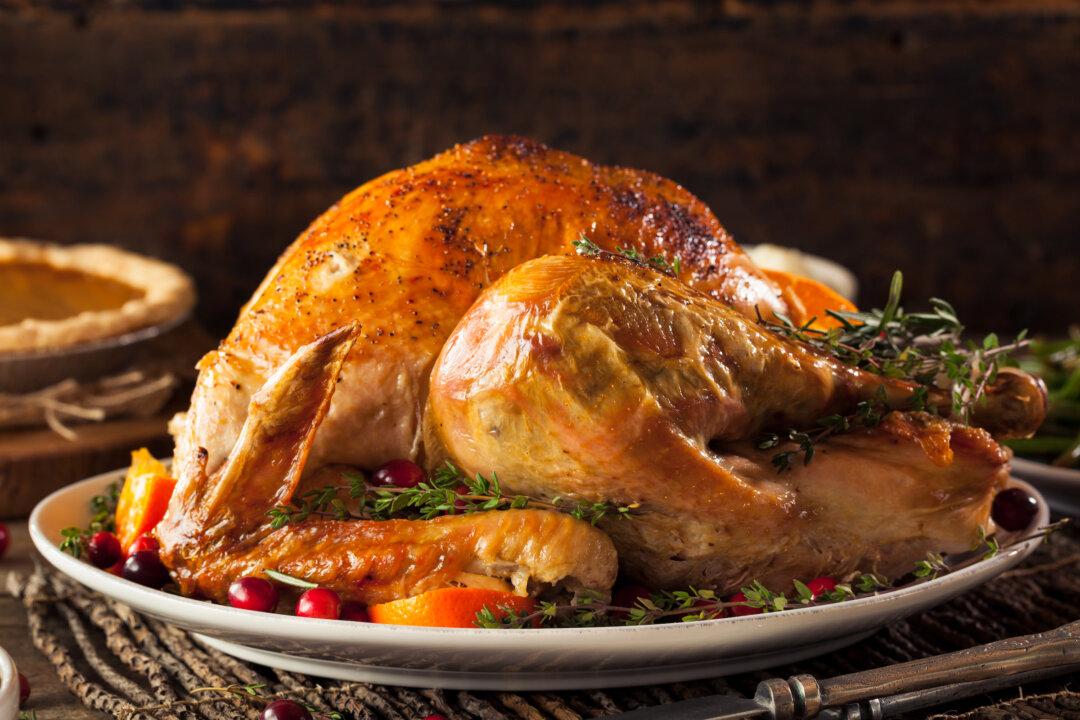For Lisa Bedford, getting prepared is about worrying less, not more. The suburban mom of two knows well the panic of facing an uncertain future—and realizing the extent of one’s unpreparedness. Following the 2008 recession, she surfaced from her own fear-fueled, first-time deep-dive into the world of survival and preparedness determined to help others like her: a mom simply “intent on finding common-sense ways to keep her family safe,” she said, whether in the case of a job loss, a natural disaster, or worse.
She started the Survival Mom blog in 2009, drawing upon extensive research—and a helpful background as an elementary school teacher and corporate trainer—to dispense practical advice and cheerful encouragement on topics from food storage smarts, to Depression-era-inspired frugal living tips, to what survival gear to carry in your wallet. A book, “Survival Mom: How to Prepare Your Family for Everyday Disasters and Worst-Case Scenarios,” followed in 2012. Now, she offers weekly blog posts, courses, and an online community membership, Survival Mom Sisterhood. The site gets close to 2 million visitors a year—75 percent of whom are women—and she receives emails from readers across the country and as far away as Cameroon and Australia.






